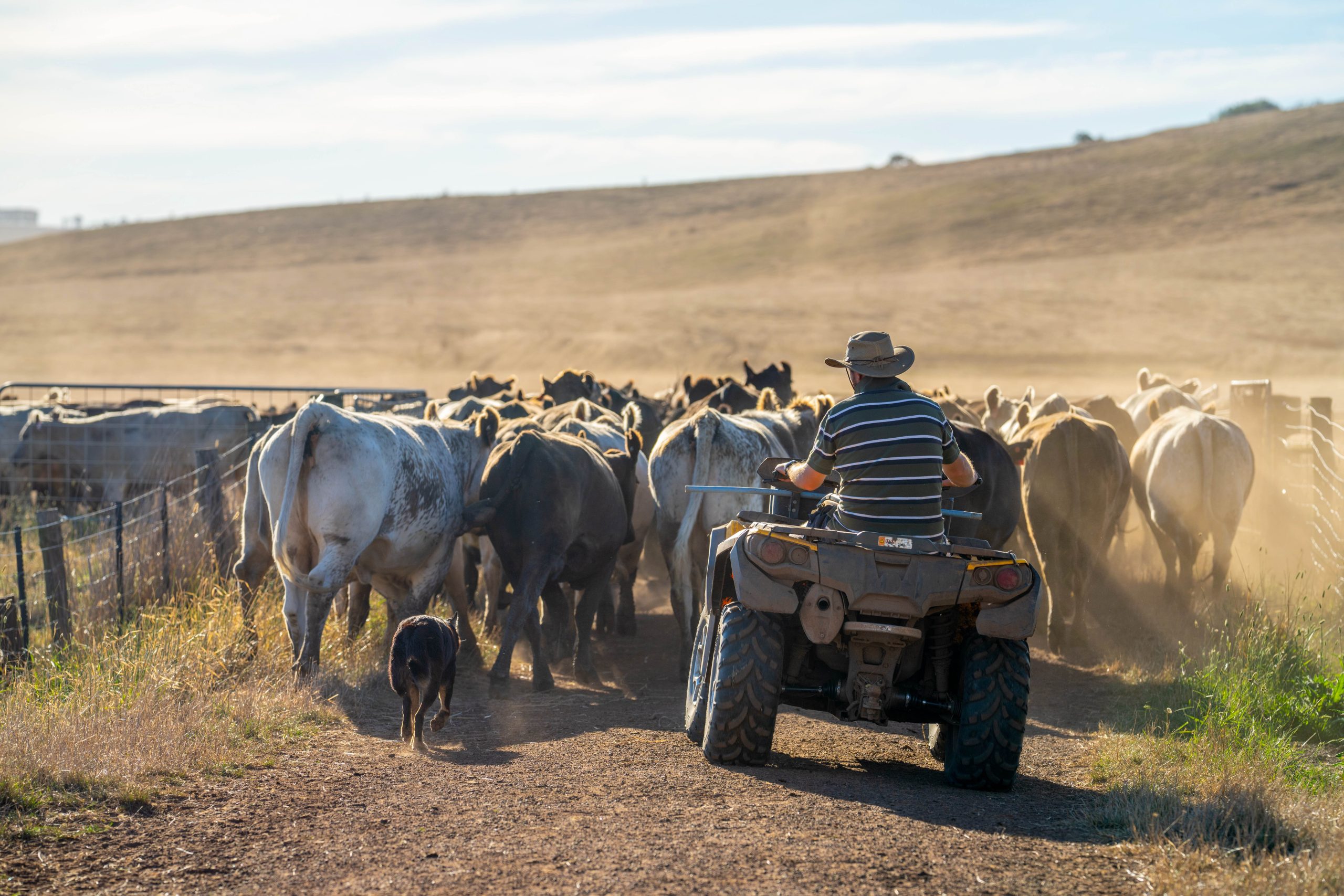Project summary
Objective
Reduce greenhouse gas emissions from cattle production by developing tropical grasses (starting with sorghum) that result in lower methane emissions and improved nitrogen use efficiency.
Timeline
2025 - 2031
Investment
$10 million over six and a half years
Program lead
Vicki Lane
Overview
This project aims to reduce agriculture emissions by developing low-methane emission tropical grasses for cattle feed. The project targets both methane and nitrous oxide emissions, benefiting crop growers and livestock producers. Using sorghum as a model, key traits for improved digestibility and nitrogen use efficiency will be identified and transferred to pasture grasses like Rhodes grass and forage sorghum.
Program
This project is being completed as part of Program 1: Low Emissions Plant Solutions
Details
Importance
This project is addressing one of the most significant challenges for Australian agriculture, methane emissions from livestock. By improving the quality and sustainability of tropical forage grasses that lower methane and nitrous oxide emissions while enhancing feed efficiency, the project contributes to climate resilience, productivity and lower emissions cattle production in Australia.
Impact
This project is expected to have a significant impact on reducing emissions through the transformation of tropical cattle feed into a tool for methane and nitrous oxide reduction.
Project team
This project brings together experts from the University of Queensland, Meat and Livestock Australia and industry partner Barenbrug. This multidisciplinary team combines deep expertise in plant genetics, gene editing, pasture breeding, rumen microbiology and feed quality analysis. This collaboration ensures robust science, real-world application and a direct pathway to adoption.
Pathways to Adoption
This project leverages a strong industry partnership with Barenbrug to ensure direct translation of research outputs into commercially relevant pasture grass cultivars. Barenbrug’s established breeding pipelines and distribution networks provide a clear pathway to widespread adoption. Engagement activities including producer field days, industry workshops and knowledge exchange platforms will facilitate awareness and uptake. Regulatory planning and stakeholder communication will support the future deployment of gene-edited forages within Australian agriculture.
PhDs
This project includes up to four PhD students offering access to world-leading experts and research in gene editing, sustainability and climate-smart agriculture.

